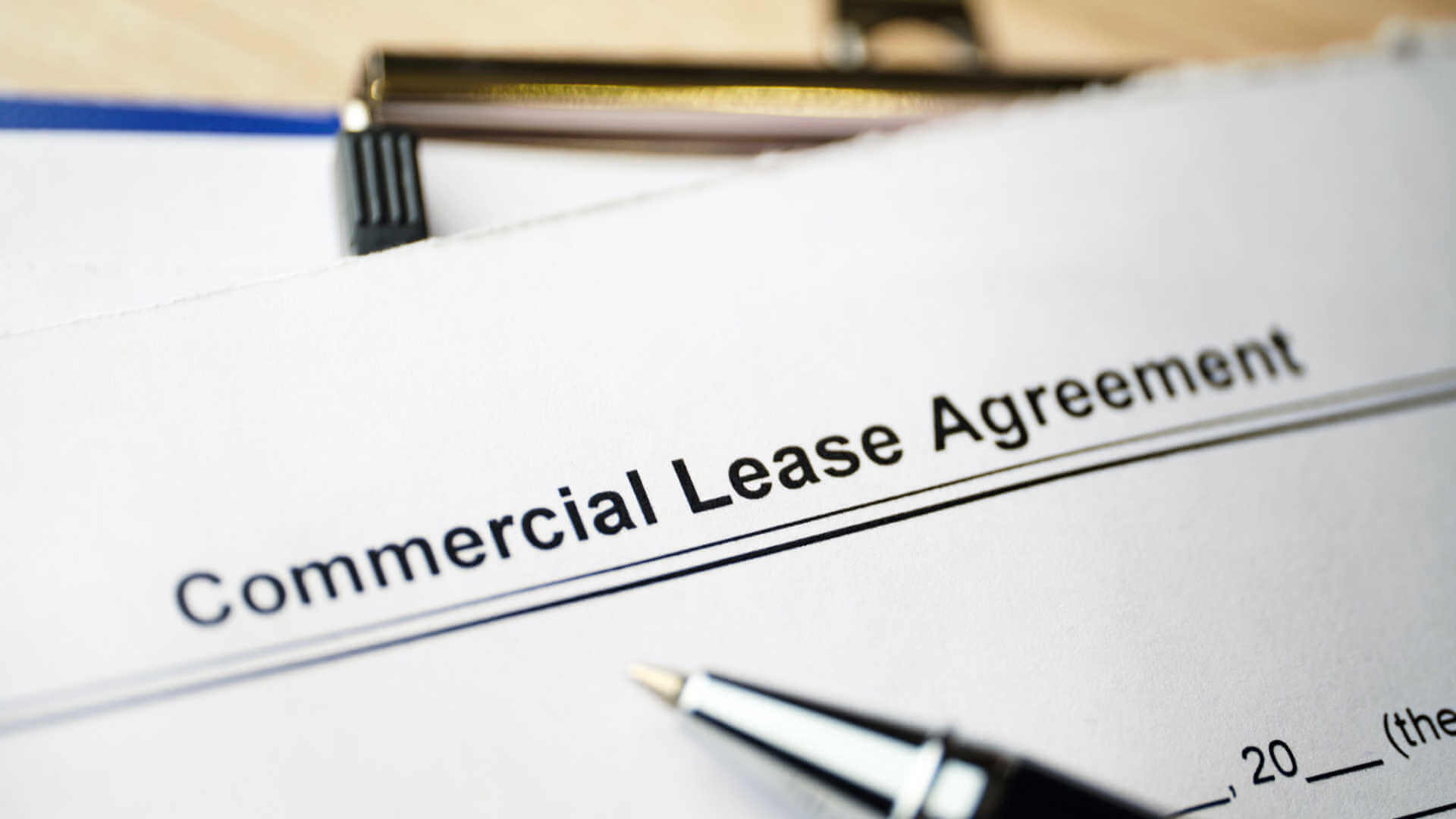Defining Your Needs and Budget
Before embarking on your home-buying journey, it’s crucial to define your needs and budget.
- Property Type: Are you looking for a single-family home, a condo, a townhouse, or something else?
- Size and Features: How many bedrooms and bathrooms do you need? Are you looking for a yard, a garage, or specific amenities like a pool or a home office?
- Neighborhood Preferences: Consider your preferred neighborhood. Look for areas that suit your lifestyle, such as proximity to schools, parks, public transportation, and amenities like shopping and dining.
- Budget: Determine your budget, including the purchase price, potential renovation costs, and ongoing expenses like property taxes and insurance.
Finding Homes for Sale
- Online Marketplaces: Utilize popular real estate websites like Zillow, Realtor.com, and Redfin to browse listings in your area.
- Local Real Estate Agents: A local real estate for sale agent can be an invaluable resource. They have in-depth knowledge of the local market and can provide personalized guidance throughout the home-buying process.
- Open Houses: Attend open houses to get a firsthand look at available properties and ask questions to the listing agent.
- Word-of-Mouth: Talk to friends, family, and neighbors to see if they know of any properties that might be available.
Due Diligence is Key
- Property Inspections: Conduct thorough inspections of potential properties, including a home inspection, a termite inspection, and any other necessary assessments.
- Neighborhood Research: Research the neighborhood, including crime rates, schools, and local amenities.
- Zoning Regulations: Verify that the property complies with all local zoning regulations.
- Title Search: Conduct a title search to ensure clear ownership and no outstanding liens or encumbrances.
Financing Your Home Purchase
- Explore Mortgage Options: Research different mortgage options, including conventional loans, FHA loans, and VA loans.
- Get Pre-approved for a Mortgage: Getting pre-approved for a mortgage will give you a better understanding of your borrowing power and can strengthen your negotiating position.
- Save for a Down Payment: Aim to save a substantial down payment to reduce your monthly mortgage payments and potentially secure a better interest rate.







